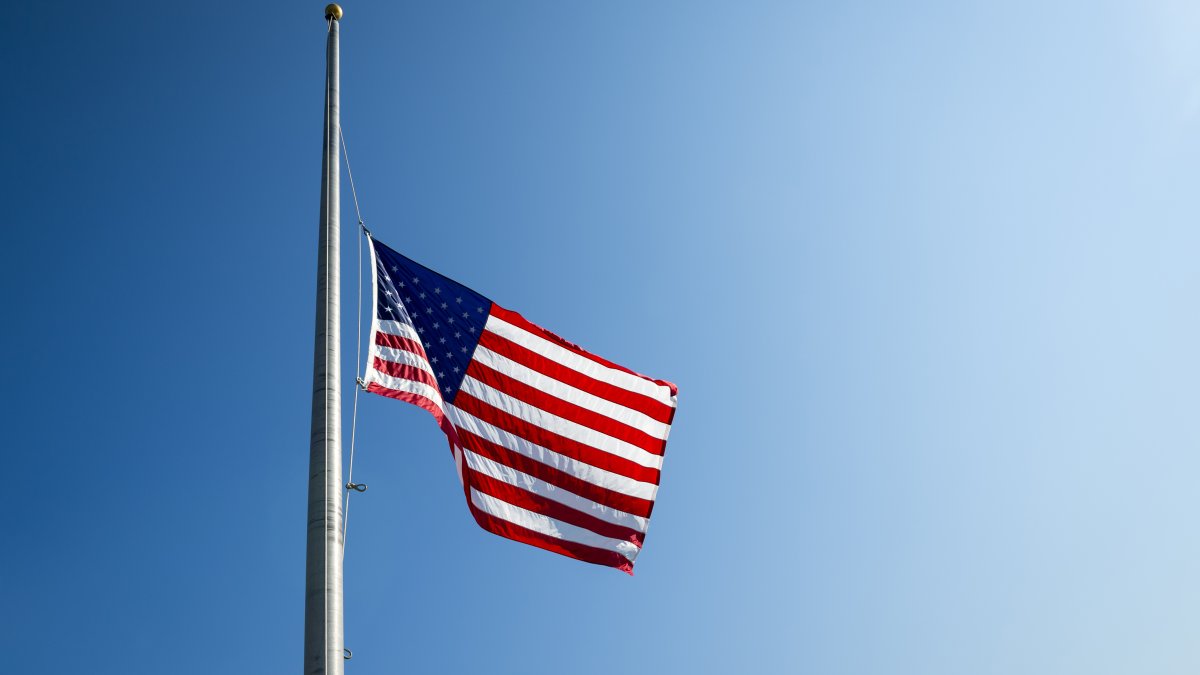Labor Day often serves as the last opportunity for a summer getaway and marks the unofficial end of the season, but the reason for celebrating has nothing to do with summer.
A federal holiday celebrated on the first Monday of September each year, Labor Day is a celebration of the social and economic achievements of American workers, according to the U.S. Department of Labor. President Grover Cleveland signed a law making it a national holiday on June 28, 1894, though its history dates back years earlier.
The first Labor Day holiday was celebrated more than a decade earlier – when some 10,000 workers marched on Tuesday, September 5, 1882, in New York City, in accordance with the plans of the Central Labor Union.
Workers were seeing their quality of life decline as they transitioned from artisan to factory jobs, even as the quality of life of factory owners was “just skyrocketing,” Todd Vachon, an assistant professor in the Rutgers School of Management and Labor Relations previously said.
In the years that followed, a handful of cities and states began to adopt laws recognizing Labor Day. Oregon was the first to pass a law recognizing it as a holiday in 1887.
That was the same year that workers for the Pullman Palace Car Company went on strike after the railcar-maker cut wages without reducing rent in the company-owned town where workers lived near Chicago, Vachon said.
Over 12 workers were killed after Cleveland sent federal troops to crush the strike, he said. Cleveland’s move to establish Labor Day as a federal holiday is seen by some historians as a way for him “to make peace” with the working class after that, Vachon said.
When Labor Day became a federal holiday in 1894, unions in the U.S. were largely contested and courts would often rule strikes illegal, leading to violent disputes, Vachon said. It wasn’t until the National Labor Relations Act of 1935 that private sector employees were granted the right to join unions.
In recent years, Vachon said, there’s been a resurgence in labor organizing, activism, interest and support.
“A lot of the millennial and Gen Z folks are coming into the labor market in a period that’s not a lot different from that period in the 1880s where there was a lot of labor unrest,” Vachon said. “Jobs just don’t pay enough for people to achieve the American dream.”
